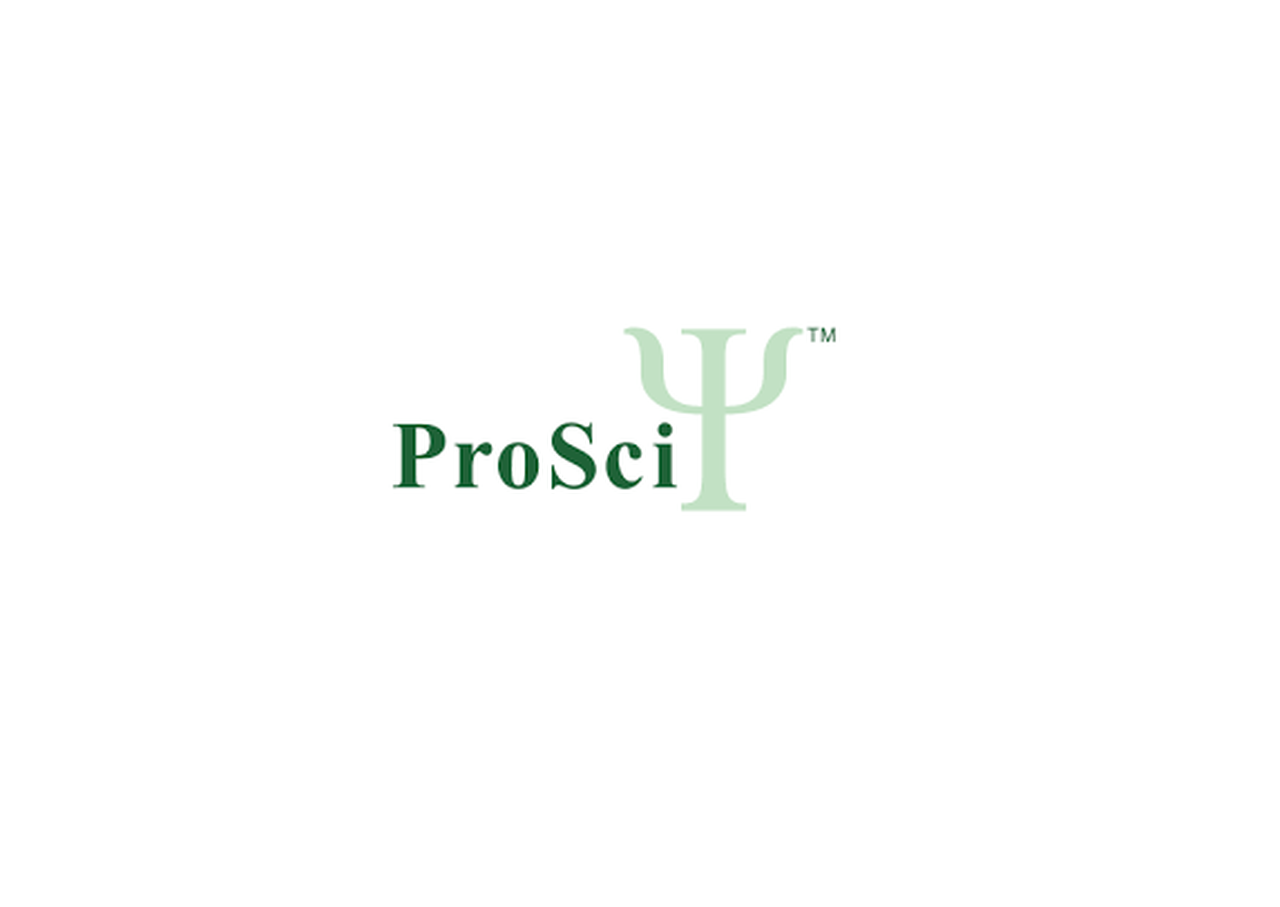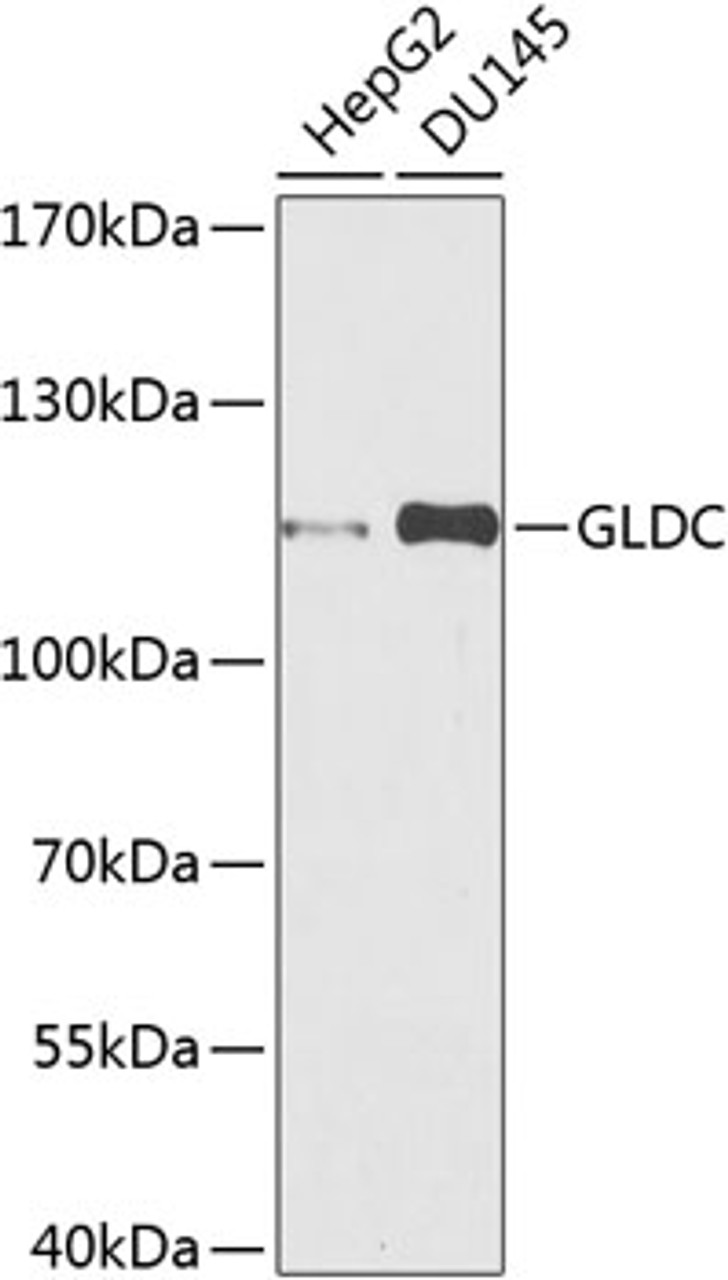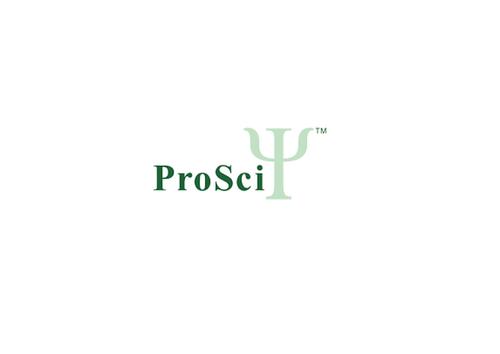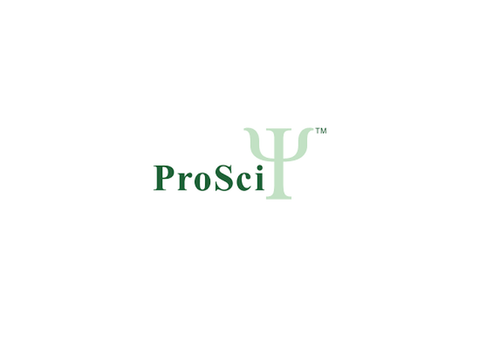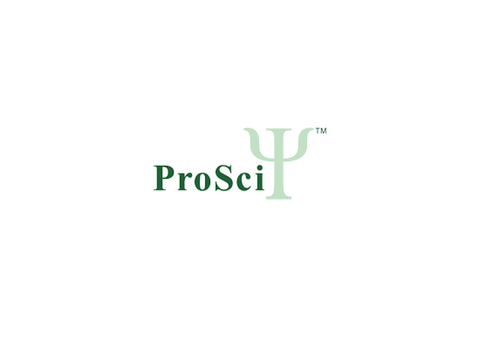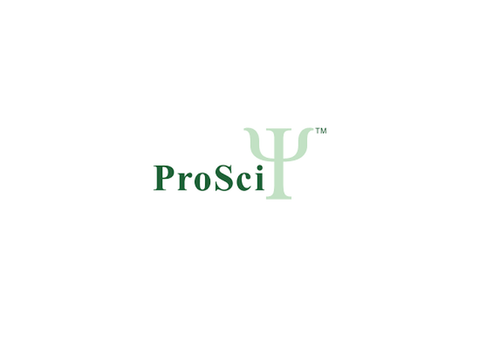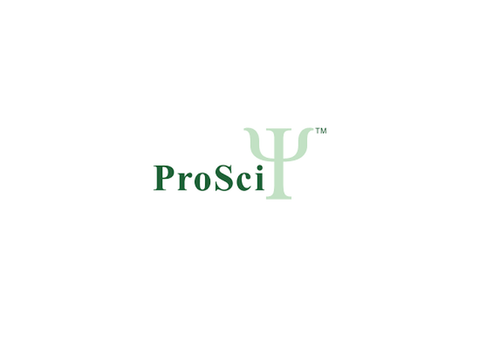Product Description
GLDC Antibody | 23-982 | ProSci
Host: Rabbit
Reactivity: Human, Mouse, Rat
Homology: N/A
Immunogen: Recombinant fusion protein containing a sequence corresponding to amino acids 36-290 of human GLDC (NP_000161.2) .
Research Area: Cancer, Signal Transduction
Tested Application: WB, IHC, IF
Application: WB: 1:500 - 1:2000
IHC: 1:50 - 1:100
IF: 1:50 - 1:100
Specificiy: N/A
Positive Control 1: HepG2
Positive Control 2: DU145
Positive Control 3: N/A
Positive Control 4: N/A
Positive Control 5: N/A
Positive Control 6: N/A
Molecular Weight: Observed: 113kDa
Validation: N/A
Isoform: N/A
Purification: Affinity purification
Clonality: Polyclonal
Clone: N/A
Isotype: IgG
Conjugate: Unconjugated
Physical State: Liquid
Buffer: PBS with 0.02% sodium azide, 50% glycerol, pH7.3.
Concentration: N/A
Storage Condition: Store at -20˚C. Avoid freeze / thaw cycles.
Alternate Name: Glycine dehydrogenase (decarboxylating) , mitochondrial, Glycine cleavage system P protein, Glycine decarboxylase, Glycine dehydrogenase (aminomethyl-transferring) , GLDC, GCSP
User Note: Optimal dilutions for each application to be determined by the researcher.
BACKGROUND: Degradation of glycine is brought about by the glycine cleavage system, which is composed of four mitochondrial protein components: P protein (a pyridoxal phosphate-dependent glycine decarboxylase) , H protein (a lipoic acid-containing protein) , T protein (a tetrahydrofolate-requiring enzyme) , and L protein (a lipoamide dehydrogenase) . The protein encoded by this gene is the P protein, which binds to glycine and enables the methylamine group from glycine to be transferred to the T protein. Defects in this gene are a cause of nonketotic hyperglycinemia (NKH) .
 Euro
Euro
 USD
USD
 British Pound
British Pound
 NULL
NULL

